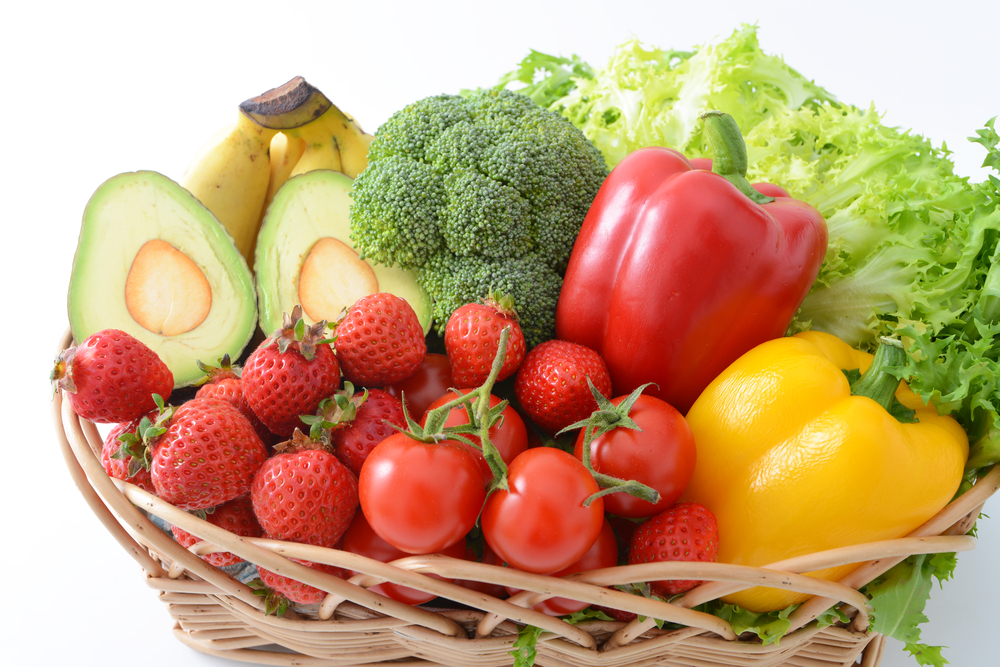Diet Tips for Sjogren’s Syndrome Patients

Sjogren’s syndrome is an autoimmune disease characterized by dryness in the mouth and throat, eyes, skin, vagina, and other organs. This dryness may lead to irritation, soreness, and pain, and make you want to avoid food. This means you may have to make changes to your diet so that it is easier to eat and get proper nutrition.
Avoid foods that dry your mouth
Caffeinated drinks and alcohol can dry your mouth, and you should avoid them. You should also avoid spices and acidic foods such as citrus, as these can irritate a dry, sore mouth. You should also avoid sugary foods that can contribute to rapid tooth decay, which is already increased by lower saliva production in Sjogren’s syndrome.
Change the texture of your food to help with swallowing
You may have to modify the texture of your food to help you swallow it more easily. If possible, try to sip a drink while eating. You may use skimmed milk, broth, water, or melted margarine to soften your food.
Opt for an anti-inflammatory diet
Sjogren’s syndrome and other autoimmune diseases are essentially triggered by inflammation reactions of the immune system. Opting for an anti-inflammatory diet may help combat inflammation and prevent symptom flares.
An anti-inflammatory diet includes the following:
- deep-colored fruits and vegetables that are rich in vitamins and minerals
- healthy fats such as omega-3 oils found in fatty fish, avocados, raw nuts, and extra virgin olive oil
- fiber-rich foods to promote healthy bowel movements
- moderate amounts of organic meat
- seasonings such as garlic and turmeric
Avoid foods that can trigger inflammation
While following an anti-inflammatory diet, avoid the following kinds of inflammatory foods as much as possible:
- trans or hydrogenated fats that the body cannot use
- saturated fats
- refined oils rich in omega-6 oils
- refined carbohydrates
- red meat
- foods that cause allergies such as milk, eggs, wheat gluten, and peanuts
- artificial sweeteners and preservatives
- alcohol
Consult a dietitian for a proper diet plan
Diet requirements vary among individuals. For instance, recent research indicates that women with primary Sjogren’s syndrome do not need to follow special dietary guidelines to maintain good nutrition and oral health.
Your doctor may prescribe you a corticosteroid such as prednisone to treat flare-ups. One of the side effects of prednisone is increased appetite, which can lead to overeating. Consult a dietitian, who will be able to chalk out a proper diet plan in accordance with your ongoing therapy.
Avoid excess vitamin intake
Vitamin consumption that exceeds the recommended dietary intake can be counterproductive and lead to poor absorption or metabolism of other nutrients. Never take vitamins or supplements without first consultating your doctor.
Carry ’emergency food’ while traveling
Eating away from home during travel can be problematic, so it is a good idea to carry some “emergency food.” Foods such as oatmeal, soy milk, and instant soup have a long shelf life, and you can easily pack these for traveling. You can also carry fresh bananas, cut vegetables, and tea bags. Make a note of the list of foods that suit you best, and pack accordingly.
Last updated: March 17, 2020
***
Sjogren’s Syndrome News is strictly a news and information website about the disease. It does not provide medical advice, diagnosis, or treatment. This content is not intended to be a substitute for professional medical advice, diagnosis, or treatment. Always seek the advice of your physician or other qualified health provider with any questions you may have regarding a medical condition. Never disregard professional medical advice or delay in seeking it because of something you have read on this website.






